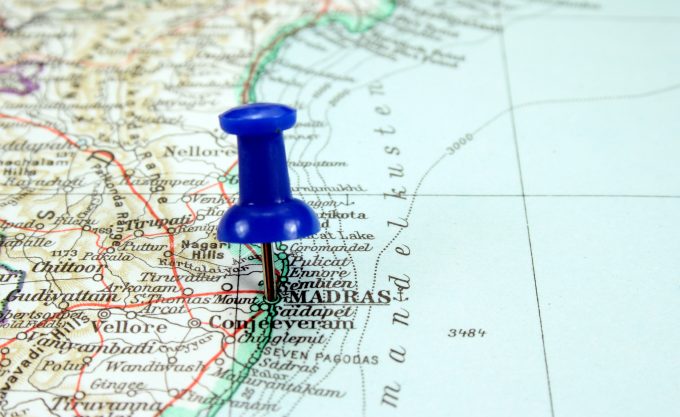India withdraws access for Bangladesh transhipments, in 'very harmful' decision
Fresh from being hit by US tariffs of 37%, Bangladesh is now contending with the ...

India needs a long-haul freight carrier to enter the market, according to 45-year veteran of air cargo Tulsi Mirchandaney.
The managing director of Chennai-based Blue Dart Aviation told delegates at Cargo Facts Asia in Hong Kong: “Today, cargo is going through the Middle East for transhipment. We don’t have a long-distance carrier, so cargo is being consolidated out of the country.
She added: “If we had an anchor airline, with long-distance connectivity, it would be a huge opportunity.”
Ms Mirchandaney said that, with a healthy ...
Asia-USEC shippers to lose 42% capacity in a surge of blanked sailings
USTR fees will lead to 'complete destabilisation' of container shipping alliances
New USTR port fees threaten shipping and global supply chains, says Cosco
Outlook for container shipping 'more uncertain now than at the onset of Covid'
Transpac container service closures mount
DHL Express suspends non-de minimis B2C parcels to US consumers
Zim ordered to pay Samsung $3.7m for 'wrongful' D&D charges
Flexport lawsuit an 'undifferentiated mass of gibberish', claims Freightmate

Comment on this article